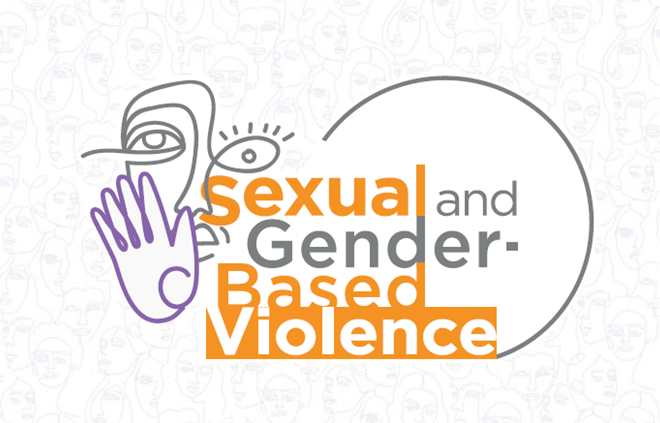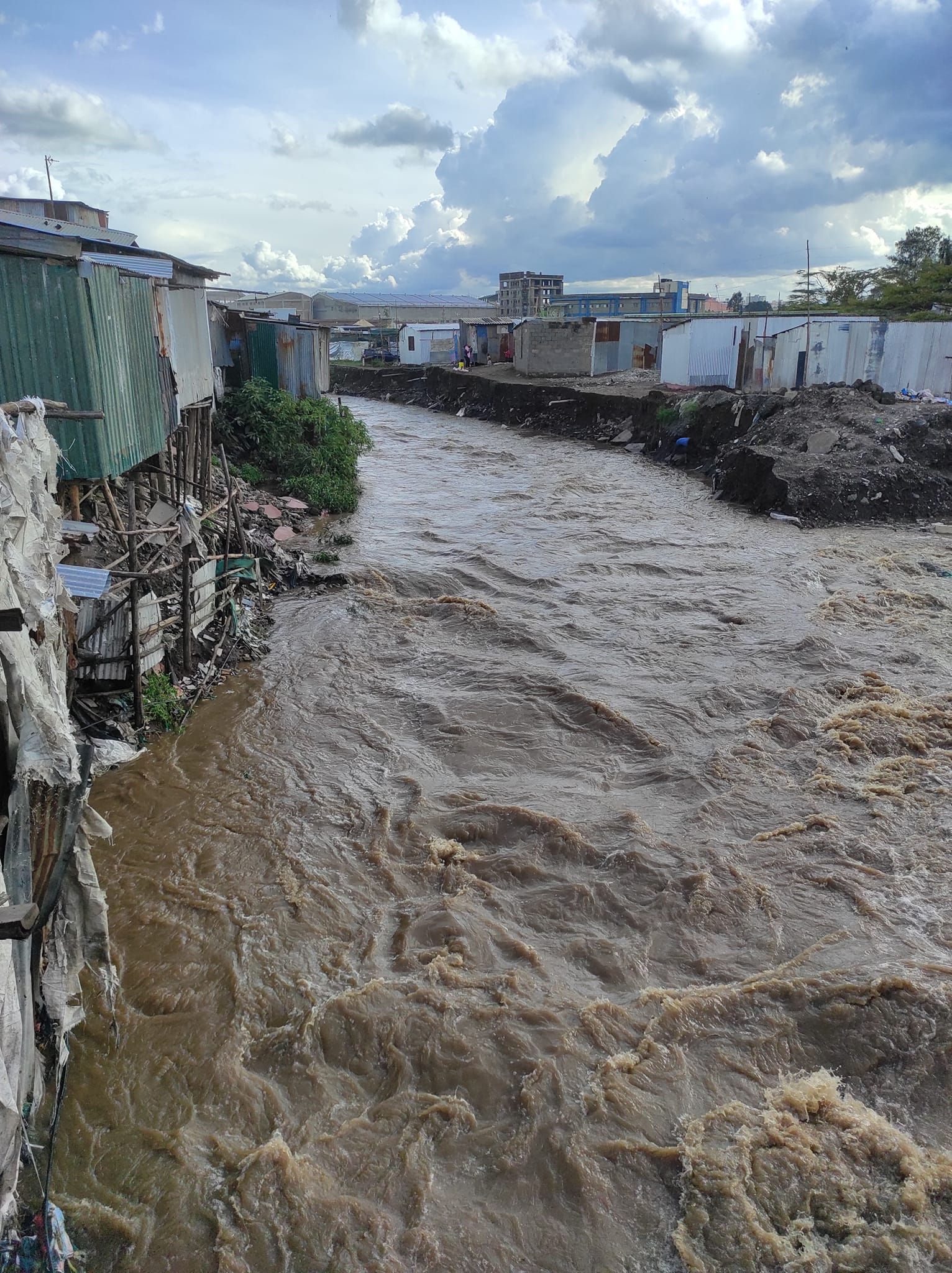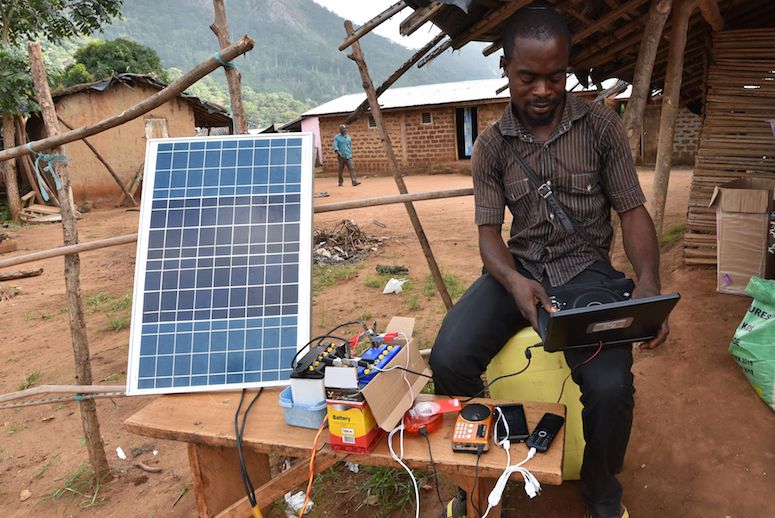FALSE: Photo does not show the drought situation in Embolioi, Kajiado County, in October 2022
FALSE: This video does not show a bomb blast in Paris
The video is a Computer Generated Imagery (CGI) first shared by the Ukrainian Ministry of Defence.

This Facebook video supposedly of a bomb blast in Paris, France, is FALSE.
The video features a person standing on a balcony overlooking the Paris cityscape and stretching hands to highlight the Eiffel Tower. Seconds later, there is a bomb blast at the tower, which collapses under its weight. The person scampers from the video frame and a fighter jet flies past, leaving a trail of destruction. The camera pans to show a huge cloud of smoke above the debris.
“This isn’t Syria, Iraq or Afghanistan. This is France where 9% of the population has brought down entire cities!” reads the description accompanying the Facebook reel. A number of hashtags including “#FrancehasFallen” accompanies the reel.
PesaCheck took a screenshot of one of the frames of the video and performed a reverse image search on it. One of the search results is an article by Forbes, indicating that the video was originally shared by the Ukrainian Ministry of Defence in March 2022. The video, available on the Ukrainian Ministry of Defence’s Twitter page, highlights the Russian-Ukraine crisis.
While at the end the video indicates it was simulated, the version we are fact-checking does not carry the disclaimer.
In its reportage of the video, Al Jazeera also indicated that the recording was created using Computer Generated Imagery (CGI).
CGI uses imaging software such as Adobe After Effects and Autodesk Maya to create still or animated visual content.
PesaCheck has examined the video claiming to show a bomb blast in Paris, France, and found it to be FALSE.
This post is part of an ongoing series of PesaCheck fact-checks examining content marked as potential misinformation on Facebook and other social media platforms.
By partnering with Facebook and similar social media platforms, third-party fact-checking organisations like PesaCheck are helping to sort fact from fiction. We do this by giving the public deeper insight and context to posts they see in their social media feeds.
Have you spotted what you think is fake or false information on Facebook? Here’s how you can report. And, here’s more information on PesaCheck’s methodology for fact-checking questionable content.
This fact-check was written by PesaCheck senior fact-checker Simon Muliand edited by PesaCheck senior copy editor Cédrick Irakozeand acting chief copy editor Francis Mwaniki.
The article was approved for publication by PesaCheck’s managing editor Doreen Wainainah.
PesaCheck is East Africa’s first public finance fact-checking initiative. It was co-founded by Catherine Gicheru and Justin Arenstein and is being incubated by the continent’s largest civic technology and data journalism accelerator: Code for Africa. It seeks to help the public separate fact from fiction in public pronouncements about the numbers that shape our world, with a special emphasis on pronouncements about public finances that shape the government’s delivery of Sustainable Development Goals (SDG) public services, such as healthcare, rural development and access to water/sanitation. PesaCheck also tests the accuracy of media reportage. To find out more about the project, visitpesacheck.org.
PesaCheck is an initiative of Code for Africa, through its innovateAFRICA fund, with support from Deutsche Welle Akademie, in partnership with a coalition of local African media and other civic watchdog organisations.






